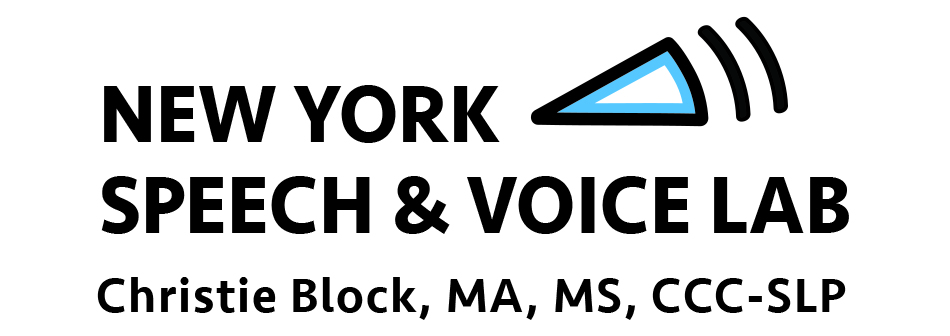Swallowing disorders
A swallowing problem can affect your ability to get enough nutrition or enjoy eating and drinking. It can result from aging, neurologic illness, or physical abnormalities of the mouth, throat, or esophagus. Symptoms of a swallowing problem can include the following:
Regular coughing or throat clearing after swallowing food or drink
Feeling a lump in your throat when swallowing food or drink
Feeling that food or drink "went down the wrong way"
Difficulty moving the food from your mouth to your throat
Feeling food come back up
I can assess your ability to swallow while you eat and drink different types of foods and liquids. I may need to refer you for additional swallow tests or consultations, including flexible endoscopic evaluation of swallowing (FEES), videofluroscopy, or a visit with a laryngologist or gastroenterologist. Swallow therapy includes tongue and throat strengthening exercises, strategies for safe eating and drinking, and considerations regarding any necessary dietary changes.
Quick tips
Try to pinpoint what particular foods and drinks are bothersome.
It is always a good idea, but particularly when you think you may have a problem, to eat and drink slowly and carefully. Smaller bites and sips can also be a useful strategy.
Consider weighing yourself regularly if you feel that you have lost weight because of a swallowing problem.
Answer questions on the Eating Assessment Tool to pinpoint symptoms that may indicate that you have a swallowing problem.
